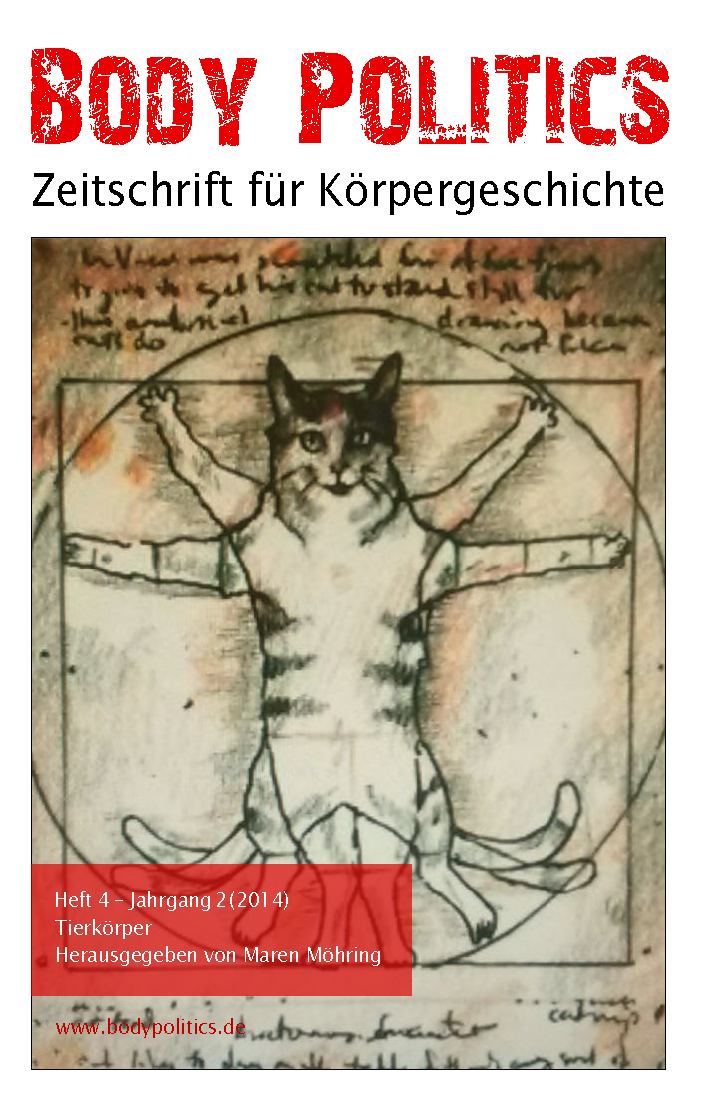Embodying German Suffering
Rethinking Popular Hunger during the Hunger Years (1945-1949)
DOI:
https://doi.org/10.12685/bp.v2i4.1462Abstract
English abstract: Almost as soon as the Second World War was over, Germans began describing the Allied occupation as the ›Hunger Years‹. It was a time that was and still is imagined as dominated by the incessant demands of the body. This contribution uses postwar hunger as a way of approaching the history of the body in modern Germany, arguing that postwar hunger offered a bodily form of continuity with the Third Reich, while simultaneously framing German bodies in particularly postwar and anti-Nazi ways. Germans cast their own hunger as a redemptive expression of collective identity, while at the same time claiming that it connected them with the victims of Nazi barbarism.
Downloads
Veröffentlicht
Ausgabe
Rubrik
Lizenz

Dieses Werk steht unter einer Creative Commons Namensnennung - Nicht-kommerziell - Keine Bearbeitung 3.0 International -Lizenz.


